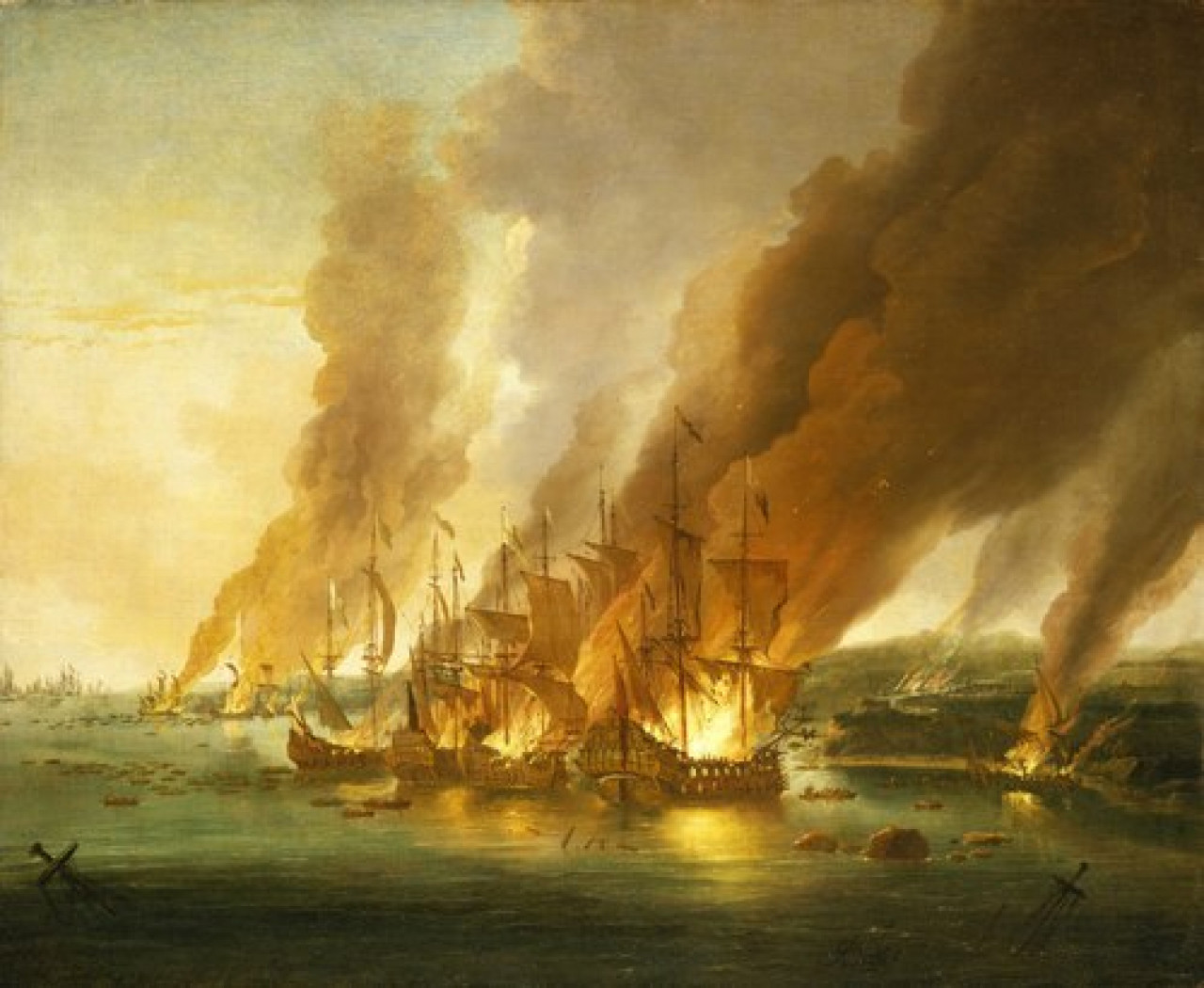The phrase “Sink the Ship” may remind some of the 2013 Presidential Election rhetoric describing an “unsinkable ship” that could sail through any waters. Indeed, a ship's true measure lies in its ability to navigate rough seas and emerge stronger, yet, why do we have to sink our ships?
History offers us compelling lessons on leadership and bold decisions. Consider the story of Thoriq ibn Ziyad, the young general who led the Muslim forces to liberate Spain from a tyrannical king. Thoriq and his fleet set sail from Africa, landing on what we now call Gibraltar, originally named Jabal Thoriq (Mount of Thoriq). Thoriq gave an extraordinary command the night before their attack: to burn and sink their ships. When his lieutenants protested, asking how they would return, Thoriq’s reply was resolute: “We are not here to return. We will win or die tomorrow.”
The results were remarkable. Facing an enemy ten times larger, Thoriq’s army fought fiercely and swiftly conquered Spain, maintaining their rule for over 800 years. Burning their ships ensured that retreat was not an option—they had to give their all.
A similar approach was used centuries later by Hernán Cortés, the Spanish conquistador who led an expedition to Central America. With just 500 soldiers, a few horses, and advanced weaponry, Cortés faced daunting odds against the indigenous civilizations. To eliminate any possibility of retreat, he ordered his ships to be scuttled. This bold move cemented the resolve of his men, forcing them to focus entirely on conquering the New World. While Cortés’s actions were ruthless, they underscore the power of commitment and the necessity of leaving no room for retreat.
Bold Decisions Drive Progress
In our own lives and work, retreat often means stagnation. Progress requires us to leave behind old habits, outdated processes, and ineffective strategies. Reaching a milestone is not the end of the journey; it’s a new starting point. To move forward, we must adapt, innovate, and embrace change—even if it means letting go of what got us here.
Sticking to old methods may feel comfortable, but it can hold us back. Consider the tourism industry in the Maldives. Since its inception, the industry has grown by taking bold steps, such as introducing guesthouse tourism to attract budget travelers. This innovation opened new opportunities and diversified the industry. In contrast, sectors like shipping and fisheries have struggled because they relied on minor adjustments rather than bold, transformative changes. Real progress demands a willingness to overhaul outdated practices and craft new ecosystems for success.
Let Go of the Past to Build the Future
When we reach a goal, we shouldn’t rely on the same path to achieve the next one. Like Thoriq and Cortés, we need to “sink the ship” of old ways, shedding the baggage that slows us down. This doesn’t mean discarding valuable lessons but recognizing that strategies must evolve to meet new challenges.
Maldivian tourism’s success shows the power of bold decisions, but other industries must follow suit. Only by embracing change can we unlock new possibilities and achieve greater results. Let us take inspiration from history and commit to progress, knowing that the greatest rewards often come from the boldest steps.



